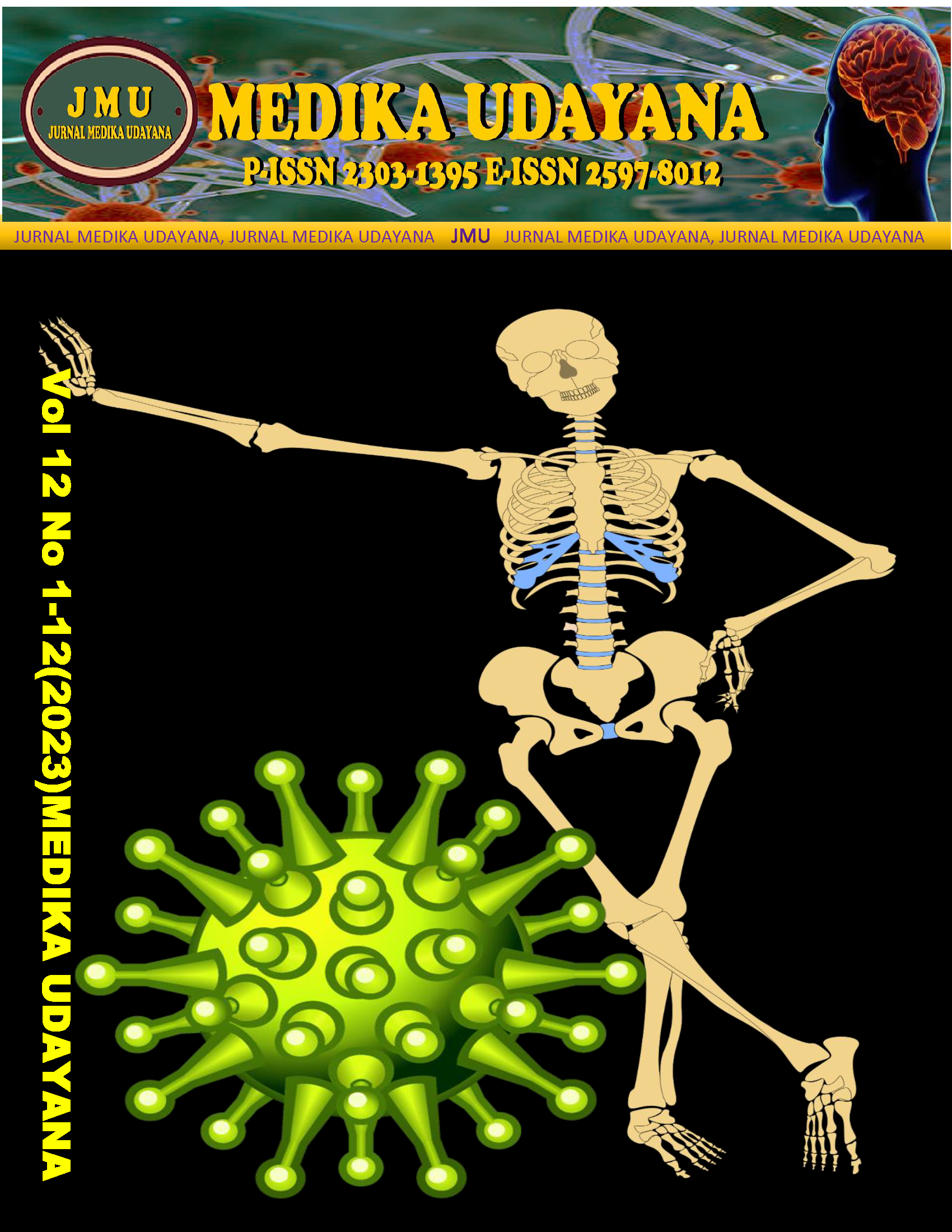RELATED FACTORS TO G IV ING OF IPV (INACTIVA TED POLIO VACCINE) P OLIO IMMUNIZATION TO BABY IN THE WORKING AREA OF THE PAUH HEALTH CENT ER, CENTER OF PARIAMAN D ISTRICT, PARIAMAN CI TY
Abstract
In the Indonesian context, the IPV polio immunization program has been introduced since 2015 as part of the national immunization program. However, even though this program has been running for several years, there are still challenges in increasing immunization coverage in infants. The urgency of this research, with the status of Indonesia being a Polio Outbreak (Extraordinary Incident) of Polio, it is important to pay attention to these factors in developing an immunization program and determine an effective strategy to increase immunization coverage. This research can also provide important information for health care providers, including doctors and nurses, to understand parents' perceptions of IPV polio immunization and how they can increase parental support and involvement in immunizing their children. This study aims to analyze the factors that influence parents' decisions to provide polio immunization using IPV to their children, which this study has not specifically investigated. The factors that will be analyzed in this study include knowledge, attitudes, motivation, accessibility of health services, availability of health services, role of health workers, family support, socio-culture. This type of research is analytic research with an observational study design, a cross sectional study approach. Data will be analyzed univariately, bivariately, and up to multivariate analysis. The results of this study can provide important information for the government and health institutions in developing an effective and efficient polio immunization program and increasing coverage in infants and toddlers. This research can also provide insight into the factors that influence parental non-adherence to vaccine side effects or their belief in alternative treatments that influence their decision not to give their children IPV polio immunization. In conclusion, this research is very important in increasing the coverage of IPV polio immunization in children under five and preventing the spread of polio in Indonesia.











